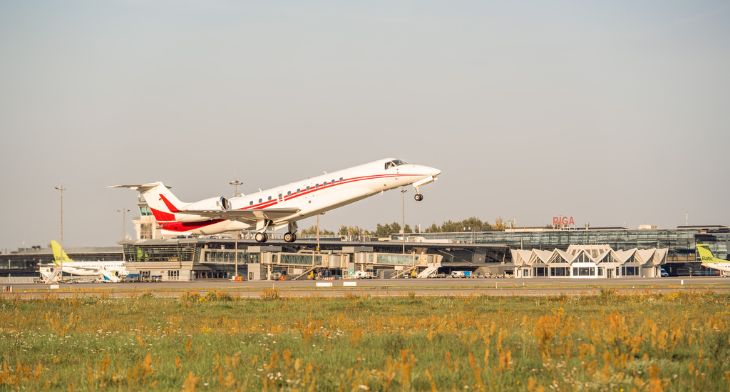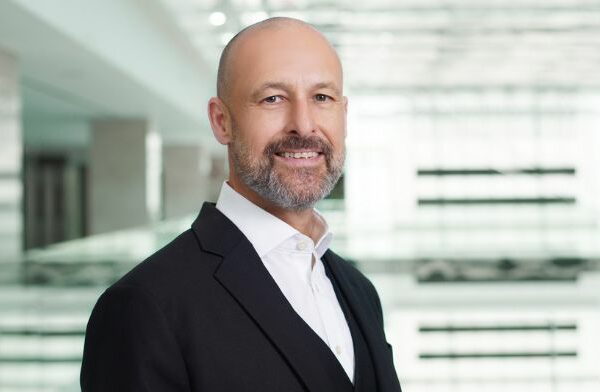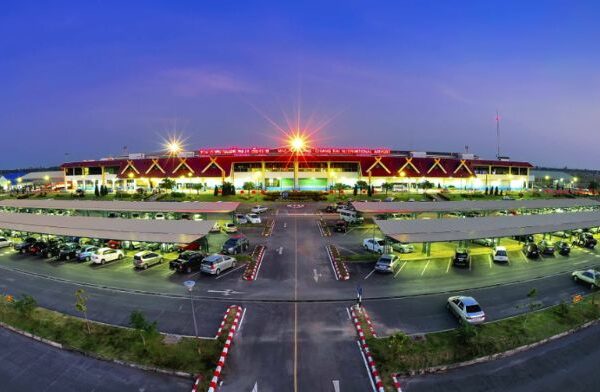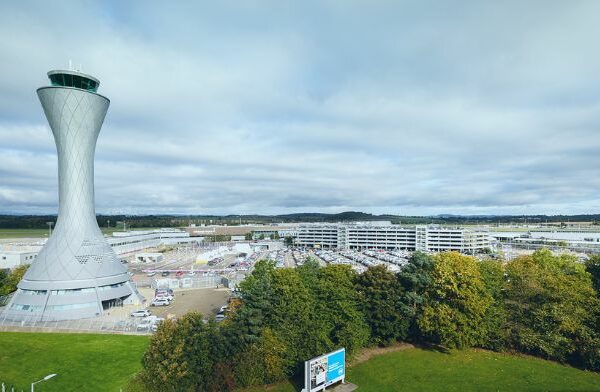


In recognition of the need to explore multiple avenues to decarbonise operations, Latvia’s Riga Airport and the Latvian Hydrogen Association are working alongside other partners to promote the application of hydrogen in Latvia’s aviation sector, by supporting the initiative of Hamburg Airport.
Based on the framework of the Interreg Baltic Sea Programme funding category ‘Green Mobility’ , the project BSR Hydrogen Air Transport – Preparation of Baltic Sea Region Airports for “Green Hydrogen”, initiated by Hamburg Airport in Germany was approved in June. The aim of the project is to provide more sustainable connectivity between rural regions in the Baltic Sea using existing aviation hubs and hydrogen-powered small aircraft.
Underlining the importance of collaboration and the ability to broaden the range of expertise, the project will see Riga Airport and the Latvian Hydrogen Association working alongside the Latvian University of Biosciences and Technologies, aviation fuel supplier SIA, ‘Gulfstream Oil’, as well as national airline, airBaltic and Liepaja Airport, as well as most major airport operators around the Baltic Sea, such as Finavia, Swedavia, Tallinn and Lithuanian Airports. The project, which will start in November, is expected to last three years and has been set a budget of approximately €4.8 million, of which approximately €1.1 million will be allocated to Hamburg Airport.
A key part of the project is the development of a green, gaseous hydrogen supply chain from production to the refuelling of aircraft or airport ground equipment, as well as other pilot operations. At its conclusion, all airports must be ready to invest and implement their own infrastructure projects, as well as a demonstration flight with a hydrogen plane from Hamburg Airport.
Riga Airport Board Member, Normunds Feierbergs, said: “Riga Airport has set ambitious goals in the field of sustainability to become a climate-neutral airport. Participating in various types of innovation projects is one of the ways to achieve these goals by promoting innovation and the development of new technologies, which will also be used in our airport in the future and will promote the competitiveness of Riga Airport.”
He was joined by Aivars Starikovs, Board Member of the Latvian Hydrogen Association, who described the project as a great opportunity to participate in a pilot project alongside other European hubs. “Hydrogen as an energy carrier can be both an aviation fuel and serve as an energy supply solution for the airport’s service infrastructure, which is often neglected. However, the service infrastructure, such as the energy supply for air traffic controllers and terminals, the provision of backup current power, runway lighting and cleaners, territory survey drones etc., play an even more important role in achieving the goals of climate neutrality than the use of aviation fuel in air transportation.”
For more information on Riga Airport and it’s plans for sustainable growth, read our exclusive interview with Chair of the Board, Laila Odina in the current issue of Regional Gateway.





